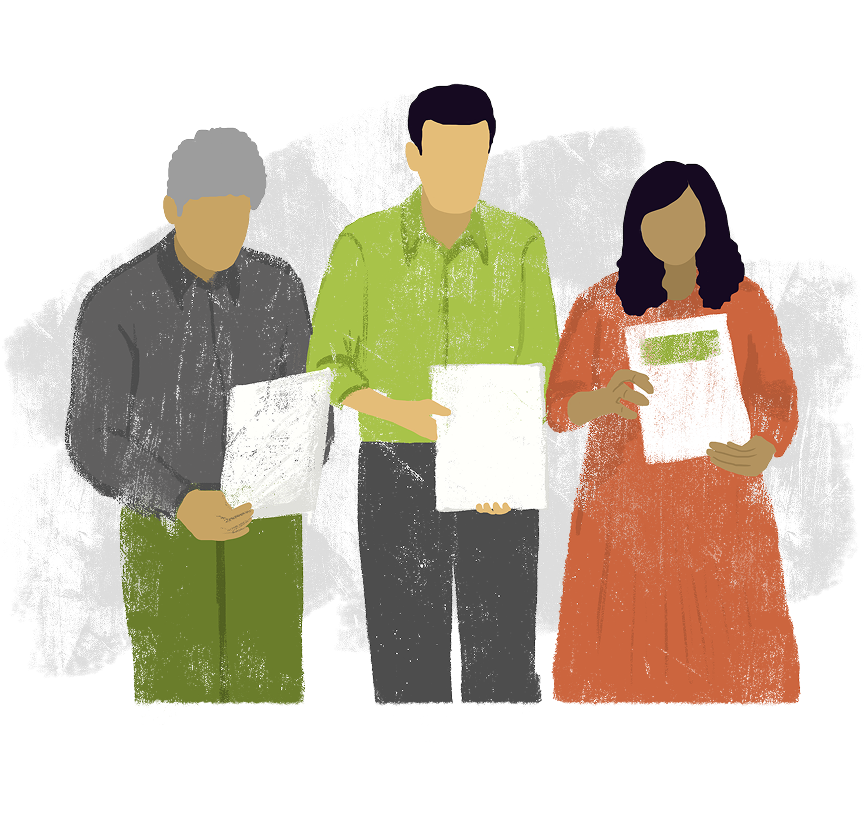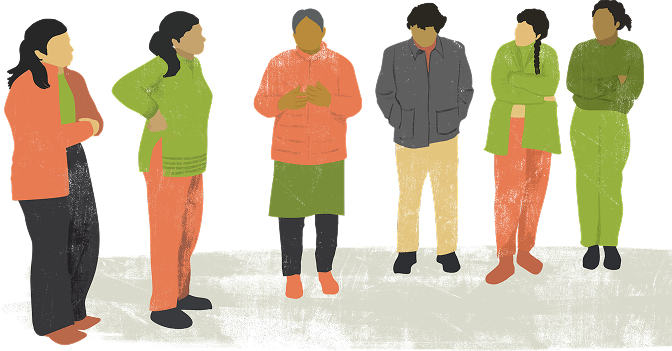Capacity Building
Capacity Building is a key gap in the mental health landscape of India, and expanding the Mental Health Professional (MHP) workforce alone is not the solution. IMHA is committed to working with MHPs, communities, non-profit organisations and experts by experience to expand the nature of care in India. We approach capacity building as an ongoing, evolving practice, one that goes beyond technical training to nurture ethical, reflective, and culturally rooted approaches to mental healthcare.

Our Vision

Our vision is to expand the nature of mental health support available to everyone, moving away from a culture of expert-driven, illness-focused, clinic-based care to a preventative community based approach that is embedded in local cultural context and lived experience.
Our vision is to expand the nature of mental health support available to everyone, moving away from a culture of expert-driven, illness-focused, clinic-based care to a preventative community based approach that is embedded in local cultural context and lived experience.
We hope to achieve this through capacity building programmes for all stakeholders in the community whose work touches mental health.
By centering lived experience, creating peer learning and spaces for multidisciplinary collaboration, we aim to equip mental health professionals and community stakeholders with the tools to engage meaningfully with complexity, context, and community. Whether through intensive training programmes, expert-led video series, or co-created offerings with experts by experience, our capacity building efforts are designed to strengthen practice at every level and build an ecosystem where thoughtful, grounded care can thrive.

IMHA’s approach to capacity building centers on shared learning, reflective spaces, and care that centers the lived experience of individuals and the communities they belong to.

IMHA’s approach to capacity building centers on shared learning, reflective spaces, and care that centers the lived experience of individuals and the communities they belong to.
